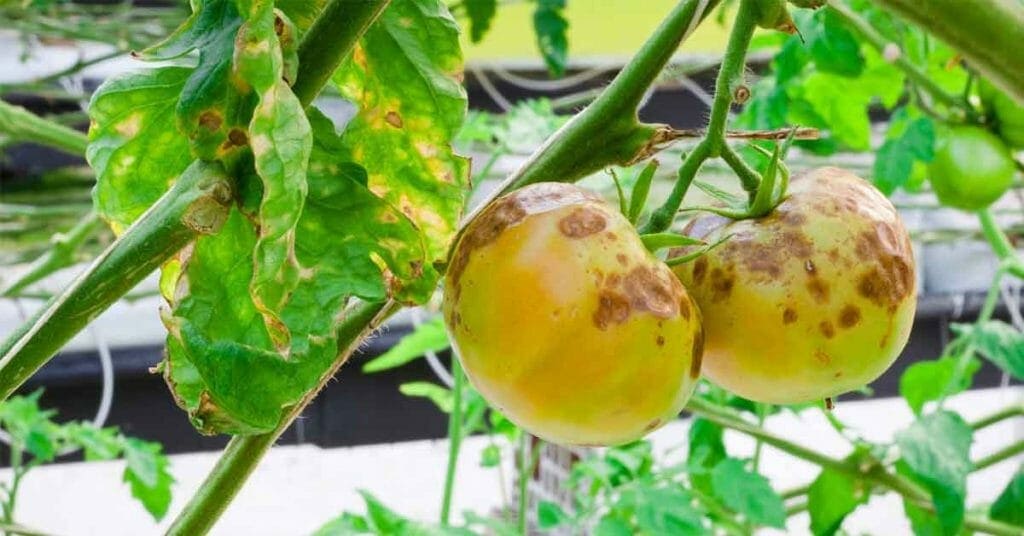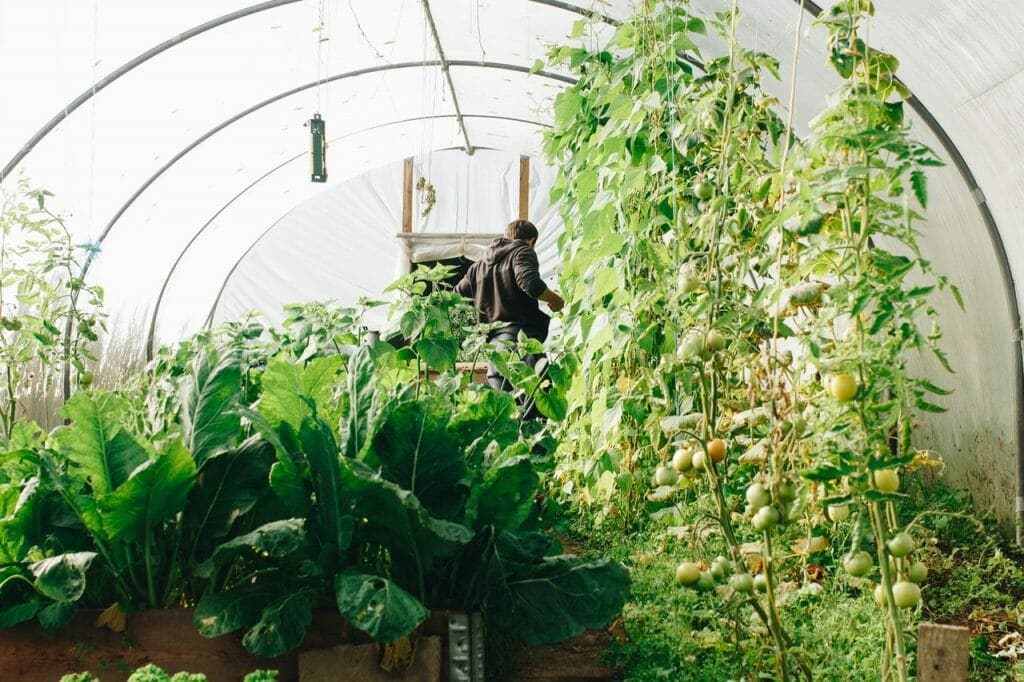Written by Colleen Vanderlinden and published on https://www.thespruce.com/.
Getting an early start on dealing with insect and disease issues can make all the difference between a beautiful, healthy landscape and one that’s plagued by problems all season. By focusing on prevention, rather than reacting to disease and pest infestation when it happens, you save money that may be spent on unnecessary pesticides and get to enjoy a more attractive environment.
Before you plant anything, whether it is a vegetable, an herb, a flower, or a bush, it’s important to gauge just how much time you’ll have to tend to your plant. If your answer is “not a lot,” you may want to explore easy-care annuals, especially ones that are hardy and resistant to disease. You might also want to go this route even if you have a significant amount of spare time to care for your plants.
Prevent Plant Diseases With Good Gardening Practices
:max_bytes(150000):strip_icc():format(webp)/480683197-56a6d3703df78cf7729070fa.jpg)
Prevention is much easier than treatment. This is true for our own health, as well as our garden’s health. Just as eating right and getting regular check-ups is vital to preventing health issues, providing a healthy environment for your plants is also essential for preventing plant health issues. In this article, we’ll take a look at some of the ways to prevent diseases in your garden. If you do these things consistently and take time to observe your plants regularly, chances are good that you will have very few diseases to contend with.
Follow Good Sanitation Practices
This is important in all parts of your garden, but it is absolutely crucial in your vegetable garden. Good sanitation includes picking up plant debris, trimming away dying or unhealthy stems and branches, and keeping weeds to a minimum. Foliage or stems leftover from diseased plants can result in having to deal with those same diseases or pests next year.
Diseased foliage is often best discarded rather than composted unless you maintain a “hot” compost pile–these piles are much better at killing off diseases than passive or “cold” compost piles are.
Fertilize to Keep Your Plants Healthy
That is, fertilize just enough to keep plants healthy, and no more than that. Over-fertilizing often leads to more problems, because then your plants put out lots of weak, fresh growth that is attractive to pests and diseases. The right amount of organic fertilizer (or regular applications of compost or composted manure) will help your plants stay healthy. Healthy plants are better able to fend off diseases.
Inspect Plants for Diseases Before You Bring Them Home
This is an easy way to keep diseases out of your garden: make sure you’re not bringing them in with new plants! Before you bring plants home from the nursery, check to make sure they’re healthy. If you see signs of fungal diseases or insects, or lots of yellowing or wilting foliage, take a pass.
Allow the Soil to Warm Before Planting
Some fungal diseases get their hooks into our gardens because we plant when the soil is still too cool. Our plants are stressed, which makes them less able to fight off diseases, and before you know it, we’re dealing with sick plants. The easy way to eliminate this problem is to ensure that you’re not planting until the soil has warmed in the spring. A soil thermometer is an inexpensive gadget that can save you a lot of headaches later on. Another way to do this is to look to phenology to know when to plant. For example, tradition says that when the lily-of-the-valley is in bloom, it’s time to plant tomatoes.
Ensure a Healthy Vegetable Garden By Rotating Crops
Crop rotation is probably the number one way to prevent diseases in your vegetable garden. Planting vegetables in the same spots year after year practically guarantees that fungal diseases and other pests that overwinter in the soil will give you headaches all season long. It’s helpful to know the different vegetable families, and how to rotate them in your garden.
Water in the Morning
This is one of those old tried-and-true bits of advice that just makes sense. Many fungal diseases need damp, cool environments to thrive. So if our plants’ foliage is wet overnight, that gives these diseases a chance to really get a good start in our gardens. The easiest way to prevent this is to water as early in the day as possible so that your plants can dry off before nightfall.
Mulch!
Mulches are useful for maintaining soil moisture and keeping weeds down, but they are also very helpful in helping us keep our gardens disease-free. Mulch prevents soil that is infested with soil-borne fungi from splashing up onto the plants’ foliage. If you’ve had issues with a black spot on your roses, try putting a good layer of mulch around your rose bushes in spring and you’ll likely have fewer issues with this annoying disease.
Provide Good Air Circulation
Fungal diseases like powdery mildew and black spot are more likely to be a problem if your plants have poor air circulation. If they are planted too closely together, or against a wall, they don’t get enough airflow. This stagnant environment is perfect for many fungal diseases. Try pruning out excess branches, dividing large plants, or transplanting problem plants to an area with better air circulation.
Watch Out for Insect Pests
Insect pests, with their chewing and burrowing, are annoying enough to deal with. But many of them, such as aphids, is a double-threat because they transmit diseases between plants. Stay vigilant, and try to eliminate insect pests as soon as you see them.
Remove Diseased Stems and Foliage A.S.A.P.
If you notice spotty tomato leaves or foliage with powdery mildew on it, try to remove it as soon as you see it to prevent the disease from spreading to the rest of the plant. Often, if we remove infected foliage and stems as soon as we see them, it goes a long way toward ensuring that we don’t have a bigger mess to deal with later on.
These tips will help keep your garden free of diseases. Much of this advice comes down to really knowing your garden: take time to get up close and personal with your plants, so you can detect problems right away and take appropriate action. Give your plants a healthy environment in the first place, and they’ll be better able to resist diseases.
Original post here https://www.thespruce.com/prevent-plant-diseases-in-your-garden-2539511/.



